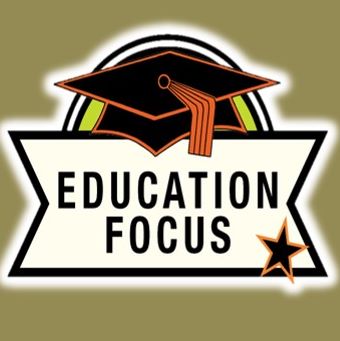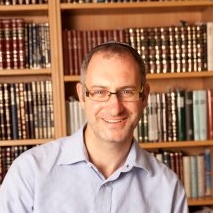
Lifestyle/Community

Gap year may help to assess the future
SUZANNE BELLING
Speaking to educators at the Jewish day schools, the consensus was that the unrest would blow over and it would soon be “business as usual” at the main universities.
Generally, though, they advise learners on a gap year or the pursuit of studies pertaining to their interests.
 Rabbi Craig Kacev, pictured right, general director of the SA Board of Jewish Education does not advocate studying abroad unless it is in Israel.
Rabbi Craig Kacev, pictured right, general director of the SA Board of Jewish Education does not advocate studying abroad unless it is in Israel.
“We are a Zionist school,” he says of the King David Schools in Johannesburg, “and we have always said ‘stay home (South Africa) or go home (Israel)’, but feel the alumni must study further.”
Rabbi Kacev said the King David Schools did not have the Scholastic Assessment Test (SAT) at present but were likely to institute this next year to enable matrics to further their studies abroad and in Israel and be accepted at universities there.
“I am not a prophet but I hope things will go right in this country in the future.”
A large percentage of former King David learners often made the Dean’s list at university and should be given as many opportunities as possible. He is in favour of private learning institutions, especially those offering course in design and other alternatives to an academic path.
“Private universities and colleges give them a good option,” he said. “Why should an alternative qualification have any less validity than a degree?”
On the situation in South Africa, Rabbi Kacev says: “I do have a sense that the unrest will calm. It’s my philosophy.
“But we are a Zionist school and always consider study opportunities in Israel.”
SEE ALL EDUCATION FOCUS CONTENT
Rabbi Yossi Chaikin, principal of Torah Academy Boys’ High School, told Jewish Report: “Generally we always encourage our graduates to spend a year in Israel or to study in yeshivot overseas.
“In high school, they are under such pressure and are not always able to devote themselves to religious studies. These boys should commit themselves to these studies for a year. Then it is not a case of interrupted studies and losing faith.”
The entire high school system is geared to getting learners into university, says Rabbi Chaikin, but now that seems to be a problem unless the students opt for private tertiary institutions. These however do not offer all degrees, especially in the medical and engineering fields.
“But,” he said, “the matrics are definitely thinking about alternatives.”
A gap year at a yeshiva would give them a chance to decide “especially with the uncertainty of education at the moment. “Hopefully it will blow over.”
Rabbi Avraham Tanzer, rosh yeshiva of Yeshiva College, said his school had encouraged a gap year for over 50 years.
“We don’t call it a gap year, though, but an opportunity to learn Torah on a higher level.
“This sets the standard for the future when they are married and raise children and their lives are changed. It is a year that has to be taken seriously. There is no better investment.”
Rabbi Tanzer added: “But I have not written off this country yet. People have to make intelligent choices. We cannot assess the future of a country – in a year (many) things can happen.”




